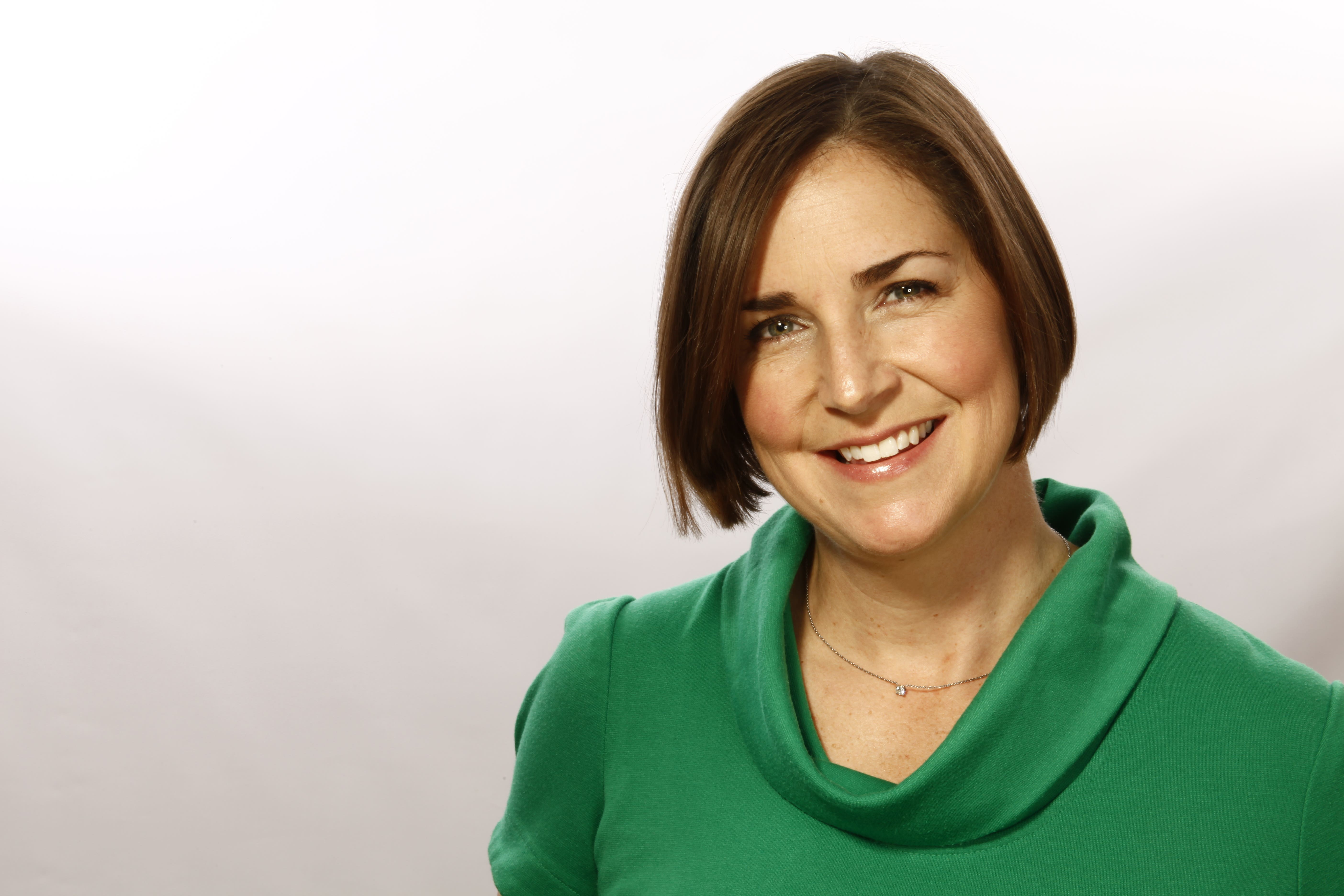Early release scheme ‘giving domestic abuse victims sleepless nights’
In July, Justice Secretary Shabana Mahmood announced plans to cut the proportion of sentences inmates must serve behind bars from 50% to 40%.

Your support helps us to tell the story
From reproductive rights to climate change to Big Tech, The Independent is on the ground when the story is developing. Whether it's investigating the financials of Elon Musk's pro-Trump PAC or producing our latest documentary, 'The A Word', which shines a light on the American women fighting for reproductive rights, we know how important it is to parse out the facts from the messaging.
At such a critical moment in US history, we need reporters on the ground. Your donation allows us to keep sending journalists to speak to both sides of the story.
The Independent is trusted by Americans across the entire political spectrum. And unlike many other quality news outlets, we choose not to lock Americans out of our reporting and analysis with paywalls. We believe quality journalism should be available to everyone, paid for by those who can afford it.
Your support makes all the difference.Victims of domestic abuse are having “sleepless nights” ahead of the Government’s introduction of the temporary early release scheme in prisons, the Domestic Abuse Commissioner has said.
Nicole Jacobs also suggested some victims may not be aware of the situation and could be “put in danger” as a result of the plan, which is set to begin on Tuesday.
In July, Justice Secretary Shabana Mahmood announced plans to cut the proportion of sentences inmates must serve behind bars from 50% to 40% in a bid to ease overcrowding.
The prison population reached a new record high of 88,521 people on Friday, and has risen by more than 1,000 people over the past four weeks.
There are exemptions from the scheme, including for domestic abusers, but newspapers have reported some domestic violence-related crimes are not always reported as such, leading to concerns these prisoners could be eligible for early release.
Ms Jacobs told the Sunday Times: “There will be so many people in the prison estate in their background or history that will be perpetrators of domestic abusers and they will be released unless they meet the criteria exclusions, so it isn’t perfect.
“There’s no doubt the government has done their best to mitigate these risks but it’s very obvious the risk is still there and particularly for domestic abuse, in my view.
She continued: “We must ensure that victims aren’t lost in the shuffle of the changes that are being made in the prison release schemes and the perception of justice and fairness.
“Victims of domestic abuse are very focused on those release dates, it causes them sleepless nights, they will change so much of their daily activities knowing that their perpetrator is being released, the uncertainty of not knowing if that person will comply with licensing conditions and of release.
“This is incredibly stressful in the normal situation so for those dates to change unexpectedly or without them knowing that is a huge consequence for them to pay.”
Ms Jacobs said many victims whose abusers were due to be released would not be eligible for victim notifications schemes and therefore might not know about their early release.
She added: “There are all sorts of reasons why victims, and particularly victims of domestic abuse, will be worried about what the arrangements are, and of course the most concern I have is people who are wholly unaware and will be very surprised and maybe put in danger because someone is being released early and aren’t aware that that was happening.”
Prime Minister Sir Keir Starmer insisted on Saturday there were “safeguards in place” in relation to high-risk prisoners, including those convicted of domestic violence-related offences.
Pressed on the matter during his visit to Dublin, he added: “We are doing everything we can to make sure that high-risk and domestic abusers, domestic violence cases are not released.”
Along with the early release scheme, the Government plans to recruit 1,000 new trainee probation officers by March 2025 to meet additional demand.